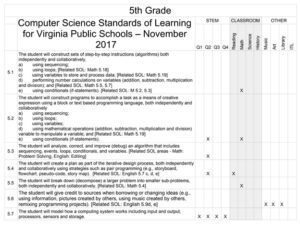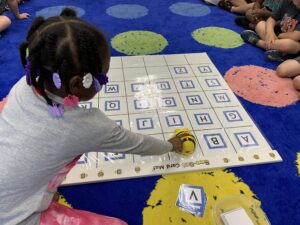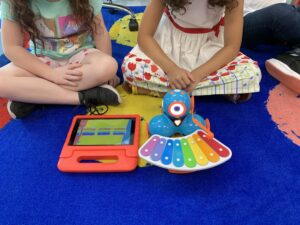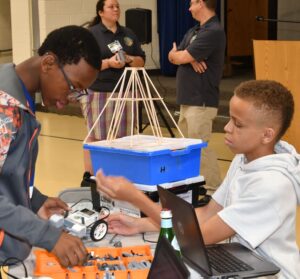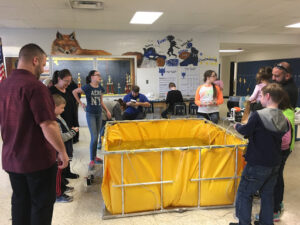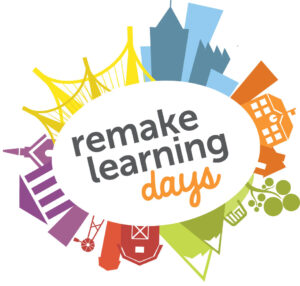 Remake Learning Days have come to the Delaware-Maryland-Virginia region. The celebration focuses on innovative, engaging opportunities for youth to experience learning. It continues through May 22, 2021, and many organizations including schools, museums, libraries, after school organizations, early child care centers, universities, media centers, tech startups and more are hosting hands-on, family friendly events related to the themes of Arts, Maker, Outdoor Learning, Science, Technology and Youth Voice. You can learn more at the website.
Remake Learning Days have come to the Delaware-Maryland-Virginia region. The celebration focuses on innovative, engaging opportunities for youth to experience learning. It continues through May 22, 2021, and many organizations including schools, museums, libraries, after school organizations, early child care centers, universities, media centers, tech startups and more are hosting hands-on, family friendly events related to the themes of Arts, Maker, Outdoor Learning, Science, Technology and Youth Voice. You can learn more at the website.
While VSTE is not hosting face to face events, we thought this would be good time to feature the work we have done to amplify student voices and support innovative learning using educational technology. For the next two weeks, our VSTE Board members and partners will share ideas and resources about learning.
Today, we are featuring students from CodeRVA, a regional high school in Richmond, Virginia. The students joined us as part of our first virtual conference and talked about blended learning, the power of relationships, and how the pandemic was impacting them.


